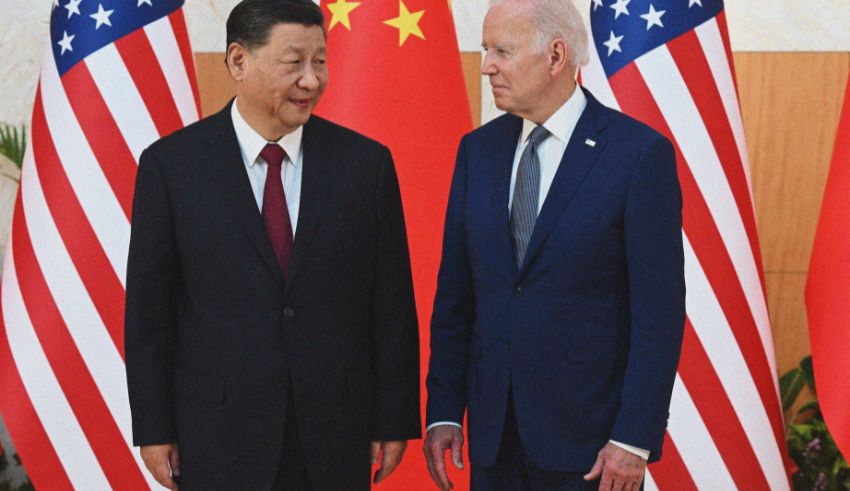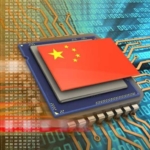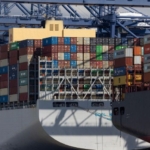
Despite a warm and cordial reception of Antony Blinken in Beijing, the U.S. continues with its business-as-usual of “China-bashing”. The U.S Secretary of State said a realistic goal for American policy toward China is “finding a way to coexist peacefully” with the country it seeks to compete with from a position of strength.
Blinken explained this is more about getting to a place where the two countries have peaceful and more productive coexistence. He said the bottom line is that China is not going away, the United States is not going away, so in the first instance Washington and Beijing have to find a way to coexist, and coexist peacefully.
Chinese President Xi Jinping told U.S.’s top diplomat that China always hopes to see a sound and steady China-U.S. relationship. He believes the two nations can overcome various difficulties and find the right way to get along in terms of mutual respect, a win-win cooperation, and peaceful coexistence.
But the U.S. is just being playful with words. It has been trying to cut off China. Washington tried to deter Beijing through war games with allies, economic sanctions, sending warships off China’s coast and threats from U.S. officials, but to no avail. China is going headstrong. Americans, for years, have tried to change China’s authoritarian economic system. From propagating China’s economical and technological advances as a threat, to encouraging hostility toward China and fear-mongering, the U.S., has achieved nothing.
Tami Overby, a senior adviser at the Albright Stonebridge Group, says China is not a monolith. She believes everything China is not bad. There’s a danger in demonizing everything Chinese. The expert pointed out that the U.S. government is leveraging industrial policy and other policies, including export controls, sanctions, tariffs, inbound investment restrictions, and more to counter China’s advancement. “Let’s remember the Chinese are buying. They’re our largest agriculture buyer. We are the most productive agriculture nation in the world. We export tons of farm products, and a lot of them go to China. That’s not a bad thing.”
Keep Reading
Anna Ashton, the director of China Corporate Affairs and U.S.-China at Eurasia Group, highlighted that the fears around Chinese investments are overblown. Recently, the new U.S. congressional select committee grew backlash from U.S. governors for courting Chinese investment or helping businesses in their states do business in China. Ashton said foreign direct investment is a much more efficient way of creating a concentration of new jobs. She described the criticism of state-level development agencies for their past efforts to gain investment from China as unfair.
In regards to technological threat, the fact is that the U.S. has been technologically dominant for so long that some in power now take it for granted. China has emerged as a competitor and U.S. sees it as a threat that will topple its dominance. China’s tech sector, according to U.S.-China Technological Decoupling: A Strategy and Policy Framework by Jon Bateman, benefits American businesses, universities and citizens in myriad ways. It provides critical skilled labor and revenue to sustain U.S. R&D. But then, the Chinese tech sector also powers Beijing’s military build-up, unfair trade practices, and repressive social control.
As such, it’s wrong for Americans to want some degree of technological separation from China. However, the U.S. also has to understand, acknowledge and respect the fact that China is a superpower in its own right.


























